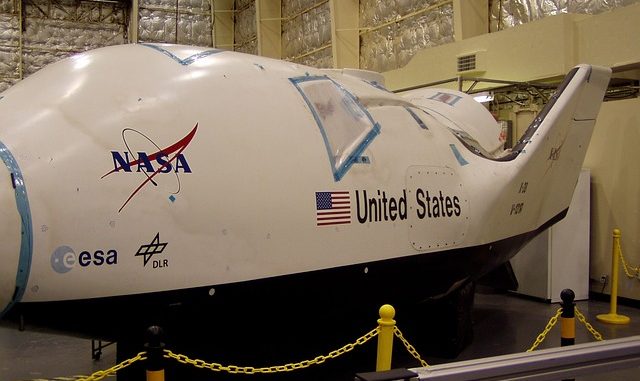
WE finally had some time this weekend carefully to examine the FTA’s detailed, 38-page report on METRO’s “Buy America” violations and irregular procurement practices.
We thought that media coverage of the FTA announcement had been fairly critical, but the report itself is even more damning of METRO’s procurement mess. Here are the major findings:
We have found three substantial violations of FTA’s Buy America and procurement rules:
a. METRO and CAF violated FTA’s Buy America requirements. This began with METRO’s release of a Request for Proposals (RFP) that stated FTA’s Buy America requirements did not apply to the procurement~ continued with METRO’s unsupported evaluation of the various offeror’s Buy America compliance, including the Certificate of Compliance submitted by CAF; and culminated with METRO’s decision not to require CAF to meet its contractually mandated Buy America obligations and to circumvent the Buy America requirements by entering into a separate, locally funded contract with CAF for the pilot vehicles;
b. METRO violated FTA’s competitive procurement rules when it chose to negotiate with one of the offerors, CAF, to the exclusion of all other offerors, and allowed that offeror to continue revising its price while refusing to allow other offerors the opportunity to present their Best and Final Offers (BAFOs); and
c. METRO’s LRV procurement was flawed due to the sum of many failures, including the lack of an adequate procurement plan, the lack of an adequate source selection evaluation plan, METRO’s failure to disclose all evaluation factors in the solicitation, METRO’s failure to inform potential offerors of the relative importance of those factors that were disclosed in the evaluation, METRO’s use of undisclosed changes in evaluation factors, and METRO’s failure to perform a complete best value analysis.
In addition to being violations of the law, these findings describe an unfair procurement. METRO’s actions resulted in less than full and open competition for a several-hundred-million-dollar LRV contract.
As the heavily footnoted (nearly 200 footnotes total!) document makes clear, METRO’s procurement practices with regard to CAF were deceptive, unfair, and illegal. The criticism is not directed at Frank Wilson exclusively (although his directives are cited in several spots); indeed, METRO staff, many of whom are presumably still employed by the agency, are referenced frequently, which raises the question of what policies George Greanias and the new METRO board have implemented to ensure that this sort of procurement fiasco does not occur again.
Incidentally, Frank Wilson’s trip to Spain in 2009 got a bit of attention in the report (footnote 148):
Apparently, further negotiations with CAF were needed even after the METRO Board’s authorization. On March 25, 2009, METRO President and CEO Frank Wilson travelled to Seville, Bilboa and Madrid to “visit CAF Manufacturing Facility.” The documents do not further describe the activities of the trip. Metropolitan Transit Authority Expense Report for Frank Wilson. It is unclear why a visit to CAF’s rail car manufacturing facility was needed after the procurement had concluded, especially since METRO staff had visited the facility in November 2007 during Step-1 of the procurement.
The Wolff-commissioned sham “investigation” also never got to the bottom of the purpose of Wilson’s trip. We’re sure CAF made sure it was *ahem* a relaxing getaway for their guy, though.
Be sure and read the entire FTA report on the procurement fiasco.
UPDATE: In late August, Paul Knight posted about some of the email exchanges by METRO officials that basically amounted to collusion in the flawed (and, as it turns out, illegal) procurement practices with CAF. Those emails are cited in the FTA report. While Frank Wilson may be gone, most of those players remain with METRO today, hence our concern above about what steps METRO has taken to clean up the procurement procedures. Indeed, given the facts that some of these players are still in place, that the “new METRO” will apparently require an Executive VP of operations who actually knows something about transit operations, and that the most likely person to fill that slot is John Sedlak (a participant in the emails described by Knight), the need for METRO to clean up and make transparent its procurement process is even more pressing.

